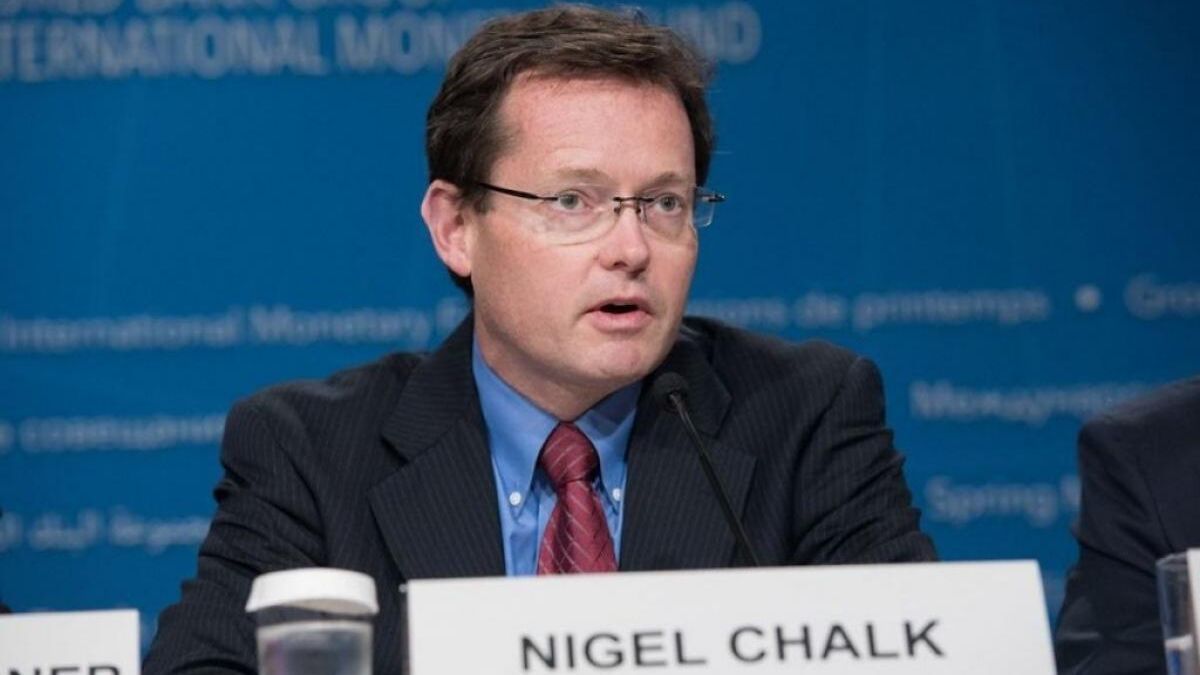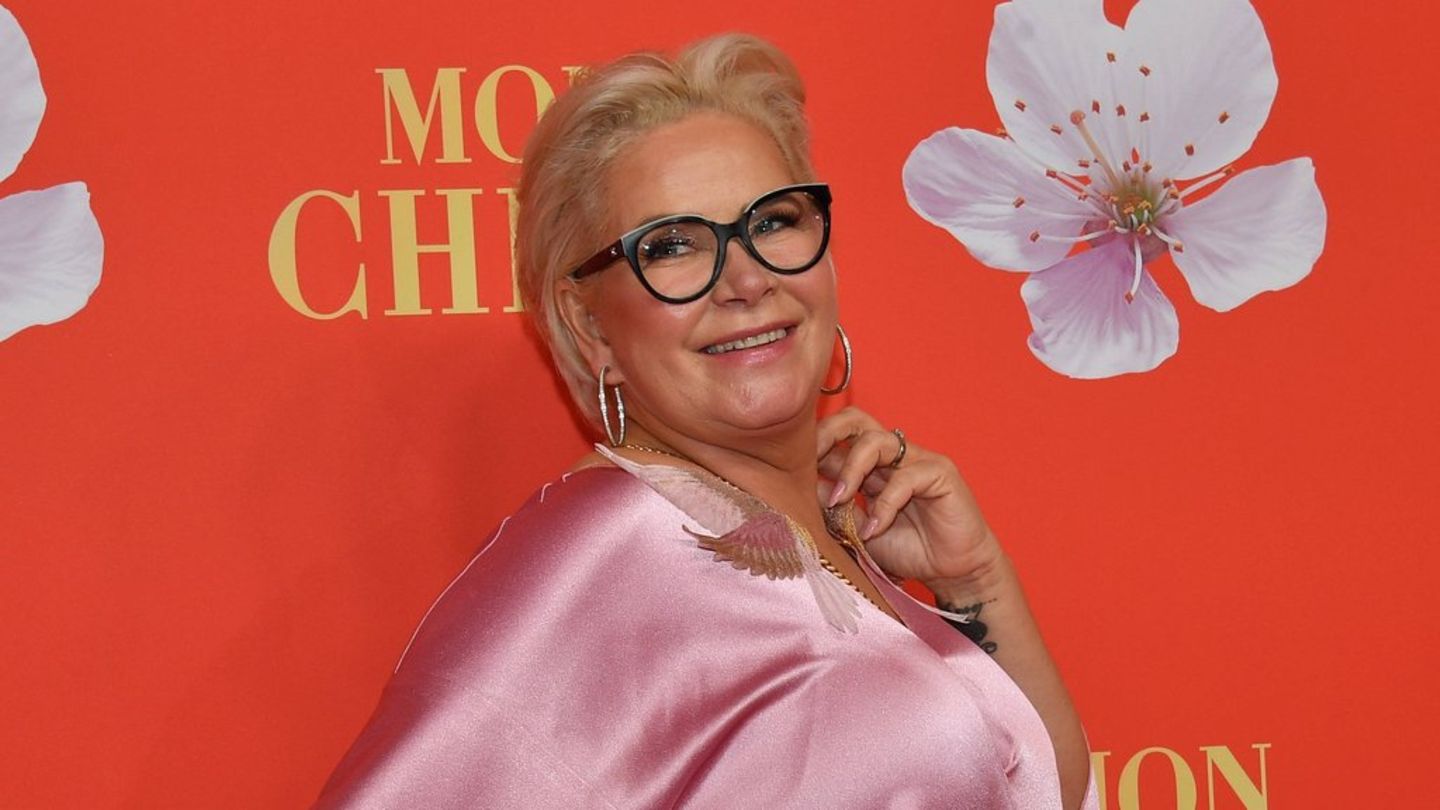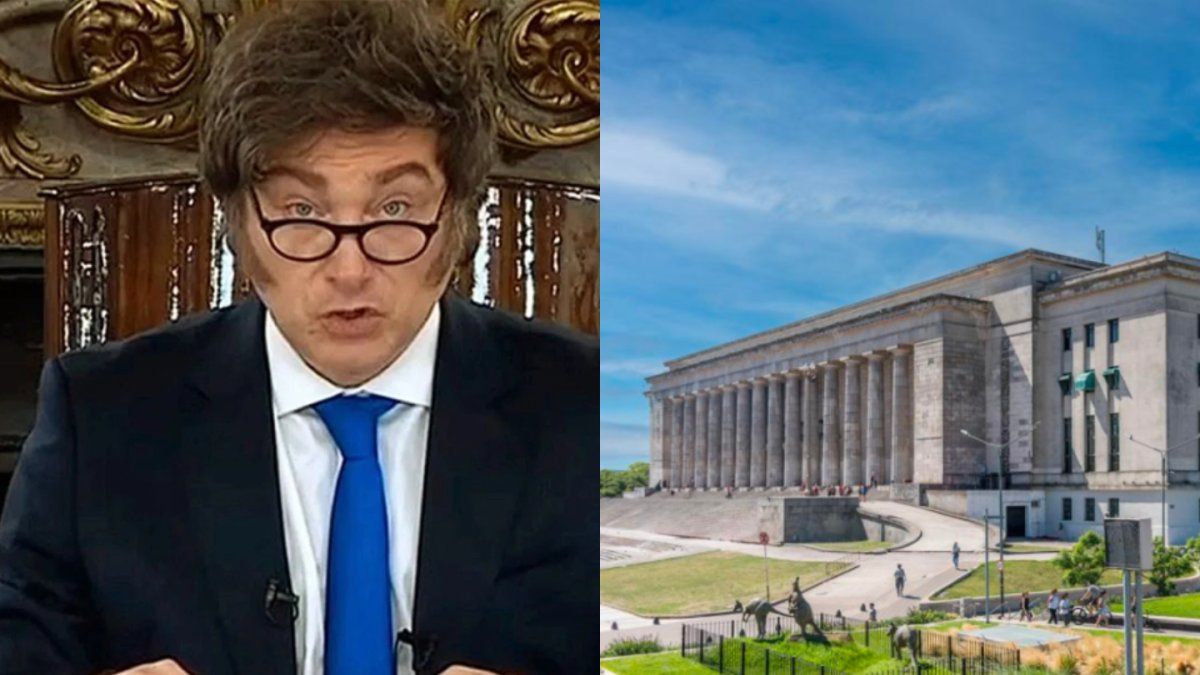Chalk’s presence and ideology in office is something that is already known in Buenos Aires. During much of the second half of 2021, the Briton took over as interim director before the departure of the Mexican-Argentine Alejandro Werner as director of the Western Hemisphere. As the period of this request for resignation of Werner and the arrival of Goldfajn extended between August 2021 and February 2022; the intervention of Chalk as inevitable interlocutor of the people of Martín Guzmán It was important. At that time, the former Minister of Economy discussed the Extended Facilities with the department that managed Chalk and, among other issues, verified the lack of will of the agency to advance, for example, in the reduction of interest rates that were applied to non-compliant countries. like Argentina. Guzmán claimed a contraction of 4.05 to 2.05%; something that should have been taken as a political decision by the agency’s board, but with a prior recommendation from the department for the Western Hemisphere. Neither of the two things were granted, and the interest rate remained the maximum, something that later generated direct problems between Guzmán and Kirchnerism.
There are other background of Chalk’s presence in the history of the relationship between the IMF and the country. He was one of the main responsible between February and June 2018 for the negotiation of the stand-by agreement signed by the government of Mauricio Macri. The official held the position of second in charge of the department of the Western Hemisphere, a position that was later reached by the North American Julie Kozac, who was the one who finally supervised that agreement closed in the previous government, and continued to supervise during the government of Alberto Fernández.
Chalk was in charge of presenting yesterday morning in Santiago de Chile the document “The Americas: Navigating more restrictive financial conditions” (see separate), in which he said that “the adoption of more restrictive policies within the framework of the program supported by the IMF will be instrumental in propping up stability and containing inflation, which is now projected to climb to 95% by the end of 2022. Real GDP growth is projected to moderate to 4% this year, but downside risks prevail about these prospects.
A year earlier Chalk had presented the 2021 report, and about the country he had spoken of “multi-causal drivers of that inflation and we believe that expectations have become unanchored. We see that responding to that inflation will require action on several fronts, given the different drivers of inflation on the macroeconomic side, and we also see that there is potentially a role for other policies, including incomes policies, to address that inflation.” Between both paragraphs it is clear that Chalk’s concern has inflation at the center.
Before joining the IMF’s Western Hemisphere, Chalk had been head of research for Asia outside Japan at investment bank Barclays, and previously served as the IMF’s chief of mission for China.
Source: Ambito
David William is a talented author who has made a name for himself in the world of writing. He is a professional author who writes on a wide range of topics, from general interest to opinion news. David is currently working as a writer at 24 hours worlds where he brings his unique perspective and in-depth research to his articles, making them both informative and engaging.




